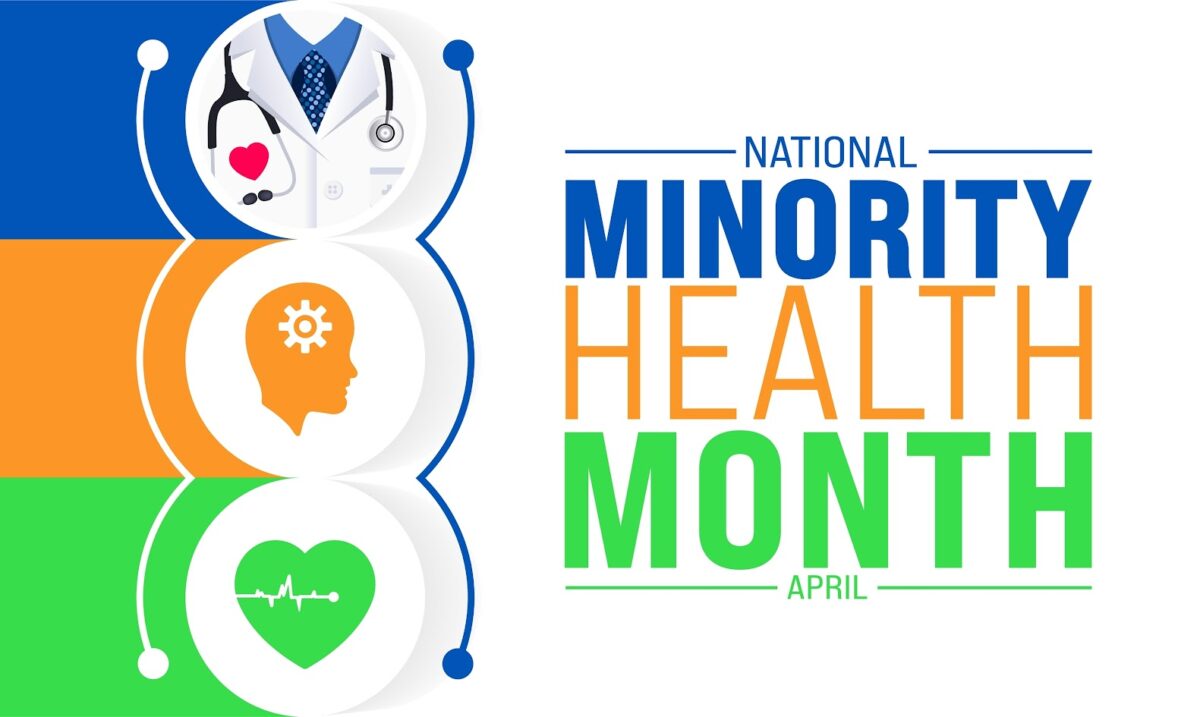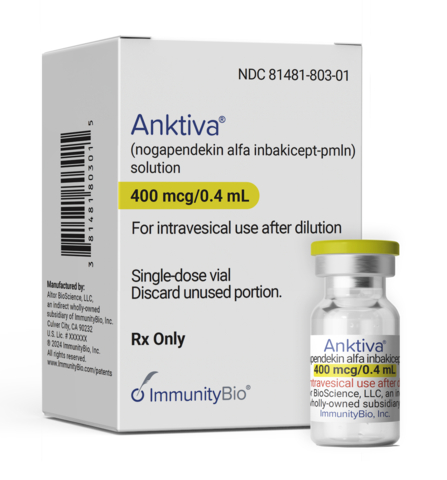Biogen and Sage’s Zurzuvae (zuranolone) has been approved by the US Food and Drug Administration (FDA) as the first oral medication for the treatment of postpartum depression (PPD) in adults.
Up until now, treatment for PPD was only available as an IV injection given by a healthcare provider in certain healthcare facilities.
PPD is a major depressive episode that typically occurs after childbirth but can also begin during the later stages of pregnancy, according to the FDA. According to the Centers for Disease Control and Prevention (CDC), mental health conditions are the leading cause of maternal mortality, and PPD is among the most common complications during and after pregnancy.
PPD affects around 500,000 patients in the US every year, and it is estimated that approximately one in eight women experience PPD symptoms. PPD symptoms can last beyond the postpartum period and can lead to prolonged maternal morbidity.
According to information shared by brain health disorders-focused biotech Sage in a press release announcing Zurzuvae’s FDA approval, approximately half of all PPD cases may go undiagnosed without appropriate screening. Symptoms of PPD can include depressed mood, loss of interest in activities, changes in sleep patterns and appetite, decreased energy, feelings of guilt or worthlessness, trouble concentrating and in some cases thoughts of suicide.
Zurzuvae is an oral, once-daily, 14-day treatment that can offer rapid improvements in depressive symptoms for women with PPD, according to Sage and Biogen.
“Maternal mental health has been sidelined for far too long, but today’s approval of Zurzuvae helps to change that. Women have been waiting for an oral medicine that can specifically and rapidly improve the symptoms of PPD and we are proud to be able to deliver that,” said Barry Greene, CEO at Sage Therapeutics, in the company’s news release.
XTALKS WEBINAR: Perinatal Mood Disorders
Live and On-Demand: Monday, September 18, 2023, at 12pm EDT (9am PDT)
Register for this free webinar to gain insights into perinatal mood disorders, available therapies and clinical trial considerations from a multidisciplinary team.
Despite the significant win, the approval was somewhat clouded by the FDA’s simultaneous rejection of Zurzuvae for major depressive disorder (MDD).
The agency issued a Complete Response Letter (CRL) for Sage and Biogen’s New Drug Application (NDA) for zuranolone in which it said the application “did not provide substantial evidence of effectiveness to support the approval of zuranolone for the treatment of MDD and that an additional study or studies will be needed.”
Sage and Biogen said they are reviewing the FDA’s feedback and “evaluating next steps.”
“In regard to the CRL for MDD, we are highly disappointed for patients, particularly amid the current mental health crisis and millions of people with MDD struggling to find symptom relief. We remain committed to our mission to deliver life-changing brain health medicines,” said Greene.
The companies were banking on an approval in the MDD indication to make up a large chunk of Zurzuvae’s market share. Analysts at Mizuho Securities said the dual approval and rejection was “more disappointing than good.” The analysts noted that MDD would have offered a “meaningfully larger opportunity” for Zurzuvae, with projected 2030 sales in MDD of about $1.3 billion compared to around $200 million for PPD.
Mizuho also expressed uncertainty around future trials of Zurzuvae for MDD given questions around dosing. While a 30-mg dose in the MOUNTAIN trial did not lead to statistically significant results, a higher 50-mg dose didn’t do much more, according to Mizuho. And going “significantly higher could lead to an undesirably higher sedation rate,” said Mizuho. “It’s not clear what Biogen/Sage could do if they choose to run additional clinical trials.”
Nevertheless, Sage is moving ahead with Zurzuvae in PPD, expecting to launch it in the fourth quarter of 2023. Before that, the US Drug Enforcement Administration will designate it as a controlled substance, which is expected in the next 90 days or so.
Related: How Cerner Enviza Will Use AI To Study the Mental Health Side Effects of Montelukast
The FDA approval of Zurzuvae for PPD was based on results from the ROBIN and SKYLARK studies, which are part of the NEST clinical development program.
Zurzuvae met the primary endpoints of both studies, which was a significant average reduction in depressive symptoms from baseline at Day 15 on the 17-item Hamilton Rating Scale for Depression (HAMD-17), a common measure of depression severity, compared to placebo.
Zurzuvae will be joining Sage’s other PPD drug Zulresso (brexanolone), which was approved in 2019. Zurzuvae will have the edge over Zulresso as the latter is administered by infusion.
Mizuho also noted Biogen’s conspicuous absence from Sage’s press release announcing Zurzuvae’s approval. It said Biogen may be distancing itself given the failure in MDD; however, earlier this year, Biogen CEO Christopher Viehbacher said zuranolone is a “top priority” in the short term for the company in the US.
Biogen had been banking on zuranolone and Alzheimer’s disease drug Leqembi (lecanemab; jointly developed with Esai) to make up for its struggles after the launch of its heavily scrutinized Alzheimer’s med Aduhelm (aducanumab).
Biogen and Sage entered a $1.5 billion development deal in 2020 to jointly develop treatments for depression and other neurological disorders. This included zuranolone and SAGE-324 for essential tremor and other neurological disorders.
After Monday’s approval of Zurzuvae, Biogen’s stock fell by about 0.26 percent and Sage’s tumbled by nearly 48 percent.












Join or login to leave a comment
JOIN LOGIN